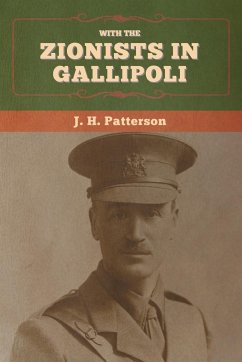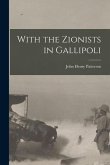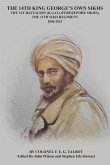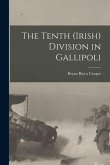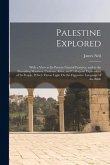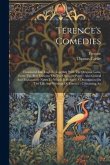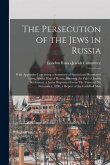Lieutenant-Colonel John Henry Patterson, DSO (10 November 1867 - 18 June 1947), known as J. H. Patterson, was a British soldier, hunter, author and Christian Zionist, best known for his book The Man-Eaters of Tsavo (1907), which details his experiences while building a railway bridge over the Tsavo river in British East Africa (now Kenya) in 1898-99. The book has inspired three Hollywood films - Bwana Devil (1952), Killers of Kilimanjaro (1959) and The Ghost and the Darkness (1996) in which he was portrayed by Val Kilmer. In the First World War, Patterson was the commander of the Jewish Legion, "the first Jewish fighting force in nearly two millennia", and has been described as the godfather of the modern Israel Defense Forces. Lieutenant-Colonel John Henry Patterson, DSO (10 November 1867 - 18 June 1947), known as J. H. Patterson, was a British soldier, hunter, author and Christian Zionist, best known for his book The Man-Eaters of Tsavo (1907), which details his experiences while building a railway bridge over the Tsavo river in British East Africa (now Kenya) in 1898-99. The book has inspired three Hollywood films - Bwana Devil (1952), Killers of Kilimanjaro (1959) and The Ghost and the Darkness (1996) in which he was portrayed by Val Kilmer. In the First World War, Patterson was the commander of the Jewish Legion, "the first Jewish fighting force in nearly two millennia", and has been described as the godfather of the modern Israel Defense Forces. Patterson was born in 1867 in Forgney, Ballymahon, County Longford, Ireland, to a Protestant father and Roman Catholic mother. He joined the British Army at the age of seventeen and eventually attained the rank of Lieutenant-Colonel and was awarded the Distinguished Service Order (DSO). He finally retired from the military in 1920. (wikipedia.org)
Hinweis: Dieser Artikel kann nur an eine deutsche Lieferadresse ausgeliefert werden.
Hinweis: Dieser Artikel kann nur an eine deutsche Lieferadresse ausgeliefert werden.

